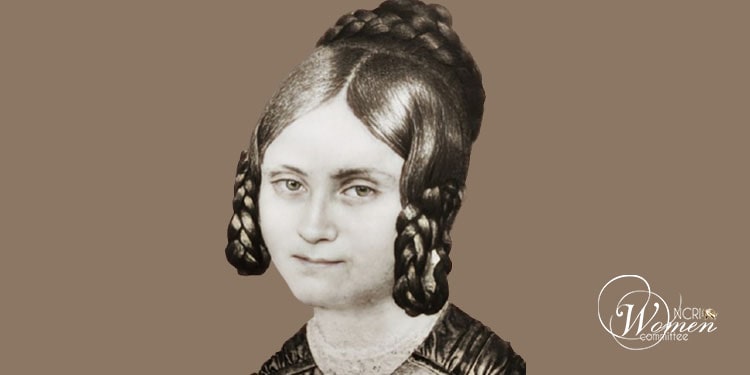Mathilde Franziska Anneke (April 3, 1817 – November 25, 1884) was a trailblazing German American feminist, writer, and revolutionary who became one of the foremost voices for women’s rights and social justice in the 19th century. Born in Sprockhövel, Germany, Anneke grew up in a time when women had few opportunities for education or independence — a limitation she would spend her life challenging.
A fearless journalist and activist, Anneke gained prominence during the 1848 Revolution in Germany, where she fought not only with words but also alongside her husband, Fritz Anneke, in the struggle for democracy and equality. Her revolutionary newspaper, Frauen-Zeitung (“Women’s Newspaper”), was one of the first feminist publications in Germany, boldly advocating for women’s suffrage and education at a time when such ideas were considered radical.
After the revolution’s failure, Anneke fled to the United States, where she continued her activism among German immigrants in Wisconsin. She co-founded the Milwaukee Frauenverein (Women’s Association) and later established a progressive girls’ school that emphasized intellectual freedom and equality. Her close collaboration with leading American suffragists like Susan B. Anthony and Elizabeth Cady Stanton positioned her as a vital link between the European and American women’s movements.
Mathilde Franziska Anneke’s legacy endures as that of a transatlantic pioneer of feminism, a journalist who used her pen as a weapon for justice, and a visionary who fought tirelessly for a world where women could think, speak, and lead freely.
























